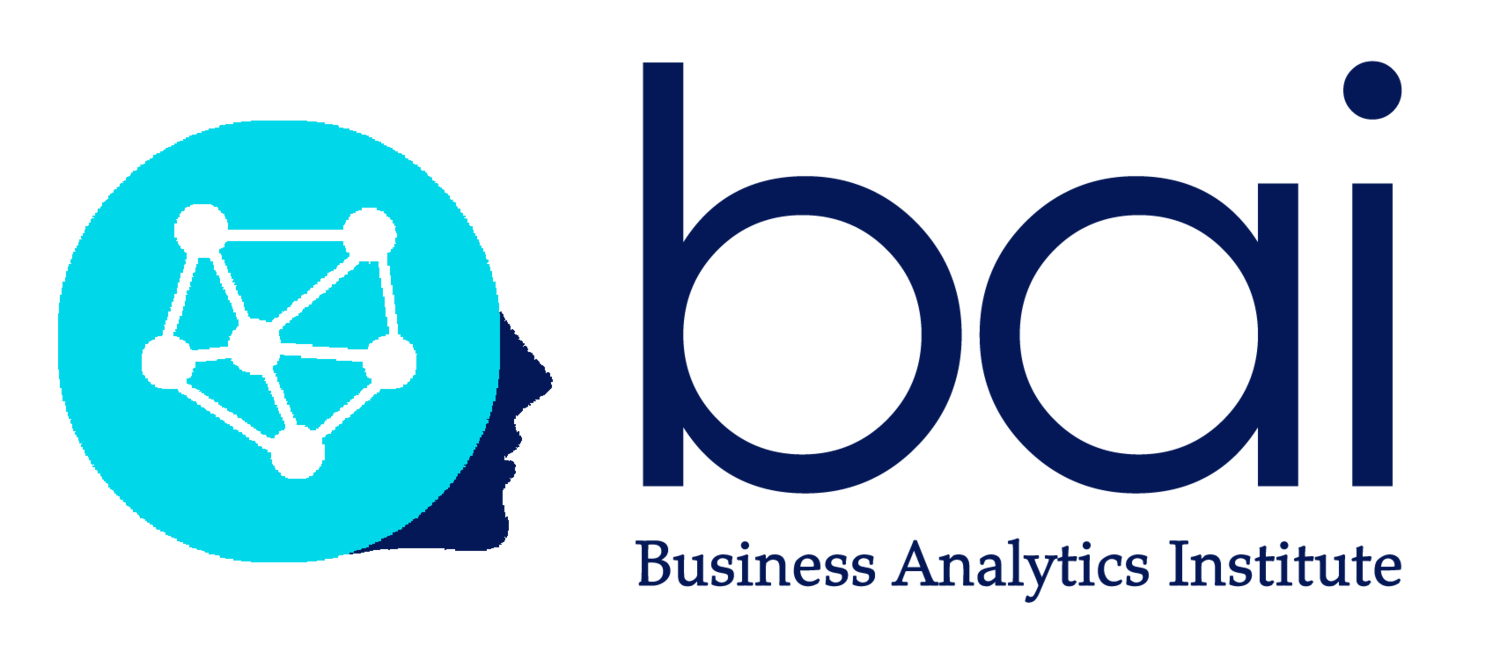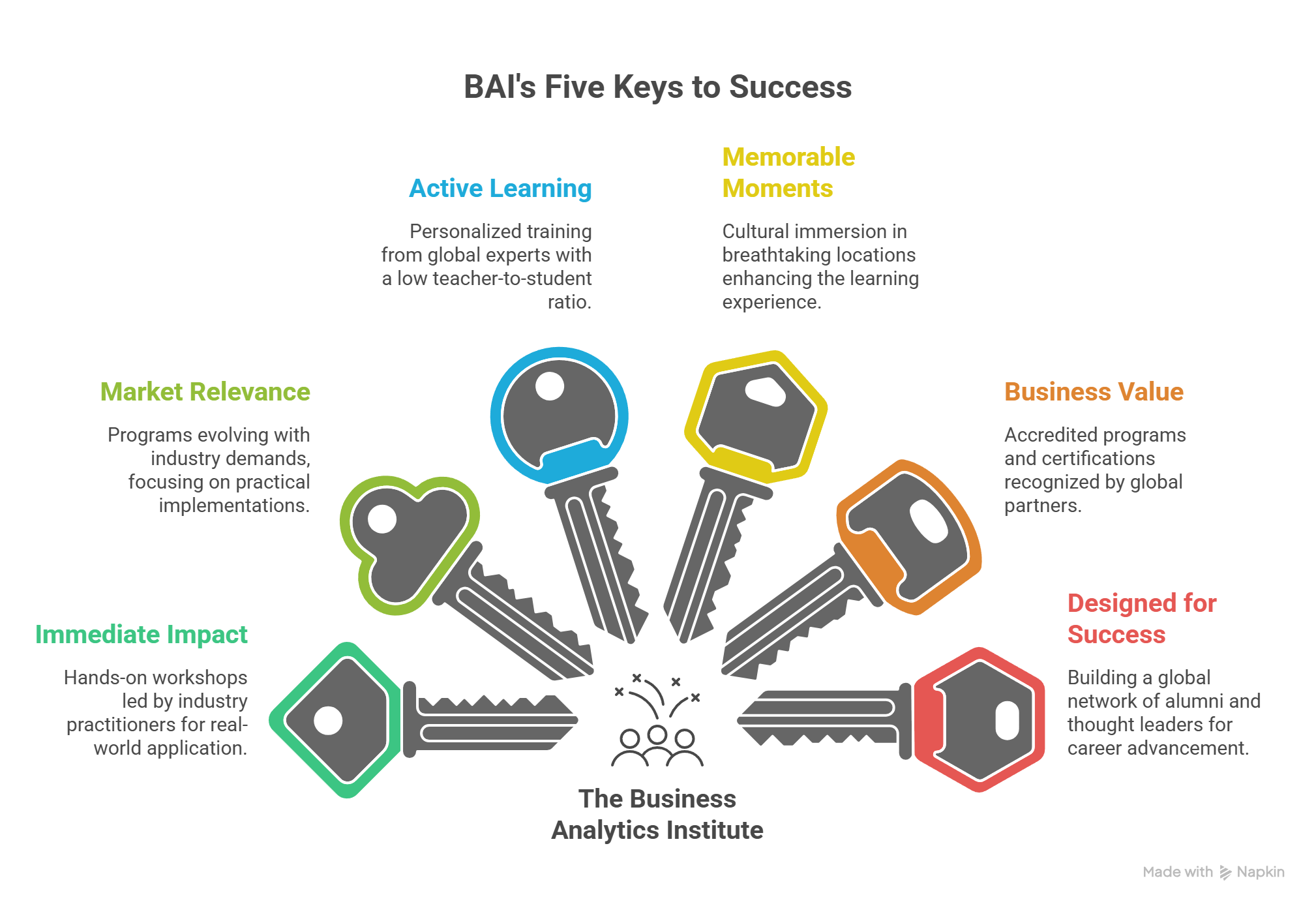Hidden in Plain Sight
The hunt for talent has shifted landscapes dramatically. While traditional management scrambles to find the "perfect" candidates with prestigious degrees, more agile organizations are discovering extraordinary potential in unexpected places—and winning the race for AI-ready talent.
Skills-First: Credentials vs Degrees
According to the World Economic Forum's latest research, 47% of organizations now evaluate candidate competencies directly, compared to just 45% that still prioritize university degrees. This isn't just a trend—it's a fundamental transformation in how we define and identify talent in the foreseeable future. Why? Because AI has redefined what talent actually means. Traditional hiring focused on what people learned. Skills-first hiring focuses on what people can do—and more importantly, what they can learn to do with AI as their collaborative partner. From Taylorism to Collaborative Intelligence: European Success Stories
ING Bank's Agile Revolution: The Dutch banking giant restructured its entire 14,000-employee workforce into 350 autonomous "squads" inspired by companies like Spotify and Netflix. Rather than recruiting externally, ING moved 14,000 people to business DevOps, retraining traditional banking professionals to work in cross-functional teams combining marketing, business, IT, and data analytics.
Mercedes-Benz's "Digital Pioneers" took this concept even further at their Berlin facility. Through their Turn2Learn initiative and D.SHIFT program, production employees are being retrained as "Junior Software Developers" and "Data Specialists," transforming their oldest production site into a global center of digital excellence.
Ericsson's strategic reskilling program has trained over 15,000 employees in AI and automation in just three years, systematically transforming communications professionals into AI and data science specialists as part of their digital transformation strategy. These weren't computer science graduates. They were automotive and telecom workers who demonstrated something more valuable than formal credentials: the ability to adapt, learn, and grow.
The result? A digitally-fluent workforces ready to tackle the challenges of AI implementations—proving that potential often matters more than pedigree.
The Rise of Collaborative Intelligence
Here's what traditional hiring missed: the most critical skill in digital transformation today isn't programming—it's collaborative intelligence. The ability to work effectively with agentic systems, interpret AI-generated insights, and apply them strategically to business challenges.
This skill set includes: • AI literacy: Understanding capabilities and limitations • Data fluency: Interpreting AI outputs and identifying patterns • Adaptive thinking: Bridging AI capabilities with business objectives • Creative problem-solving: Applying AI insights in novel ways • Ethical judgment: Ensuring responsible AI implementation
Skills-First is the Foundation of Competitive Advantage
Speed to competence: Skills-first hires often outperform traditional candidates because they're selected for demonstrated ability to learn and adapt—exactly what AI implementation requires.
Diversity of thought: By removing degree barriers, you access unconventional candidates who bring fresh perspectives and innovative approaches to AI challenges.
Higher engagement: Employees hired for their potential rather than credentials show 60% higher engagement when provided with AI-powered personalized learning experiences.
Cost efficiency: Organizations report up to 30% reduction in hiring costs while simultaneously improving candidate quality through AI-driven skills assessment.
The Implementation Roadmap
- Redefine Your Job Requirements Focus on competencies, not credentials. What can the candidate actually do with AI tools? How do they approach learning new technologies?
- Invest in Skills Assessment Use AI-powered evaluation tools to assess real capabilities rather than relying on resume parsing.
- Build Learning Pathways Create robust upskilling programs like Siemens' "My Skills" platform, which uses AI to identify skill gaps and provide tailored development paths.
- *Measure What Matters Track **time-to-competence, not time-to-hire. Monitor how quickly new hires can effectively collaborate with AI systems.
The Future Is Already Here
Organizations like BASF, BMW, and Santander aren't just implementing skills-first hiring—they're creating entirely new categories of AI-enabled roles that didn't exist five years ago.
Ready to transform your talent management strategy?
The Business Analytics Institute's comprehensive white paper "Beyond AI: A Guide to Upskilling Human and Machine Intelligence" provides the complete framework for building AI-ready teams through skills-first approaches.
Join us at the BAI/e-Peek Corporate Retreat in Biarritz, January 2026, where we'll explore practical case studies, hands-on workshops, and proven strategies for identifying and developing collaborative intelligence in your organization.
The future of work isn't about replacing humans with machines—it's about empowering humans to achieve more together with AI. How is your organization adapting its hiring practices for the AI era? Share your experiences in the comments below.
#AI #HRTransformation #SkillsFirst #TalentAcquisition #FutureOfWork #CollaborativeIntelligence #AIStrategy #HRLeadership





